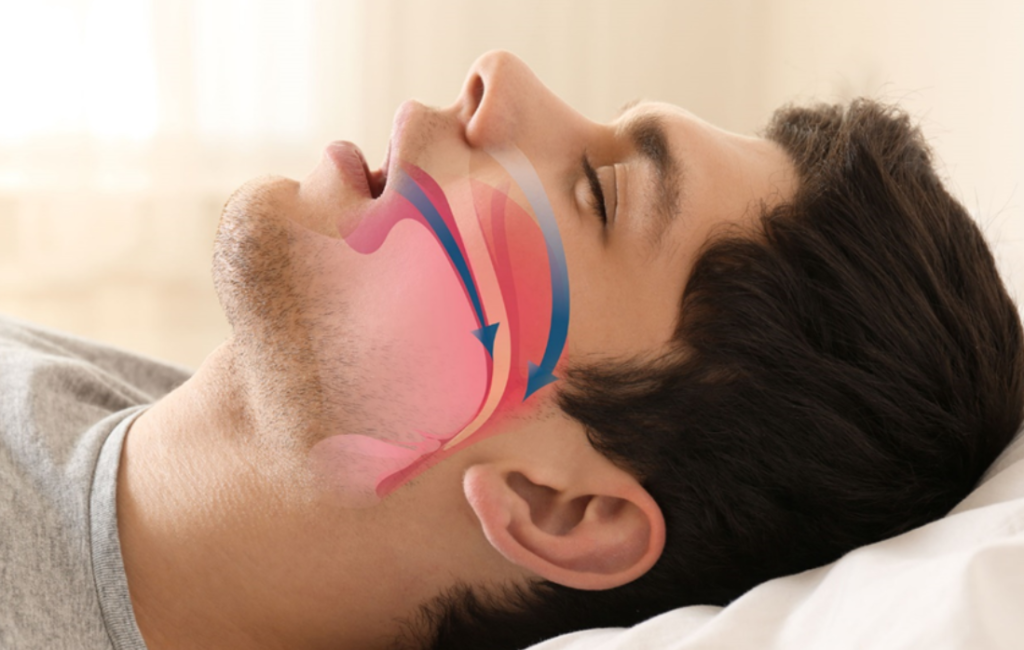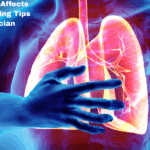
Central sleep apnea (CSA) is a sleep disorder where the brain fails to send proper signals to the muscles that control breathing. Unlike obstructive sleep apnea (OSA), which is caused by physical blockage of the airway, CSA involves a disruption in the brain’s respiratory control center. Managing CSA involves not only medical treatments but also making important lifestyle changes to improve sleep quality and overall health.
Understanding Central Sleep Apnea
In CSA, the brain doesn’t send the signals needed to breathe effectively during sleep. This results in periods of interrupted breathing or shallow breaths that can disturb sleep patterns and lead to daytime fatigue. It’s essential to work closely with a healthcare provider to diagnose and manage CSA, as untreated sleep apnea can lead to serious health complications over time.
Lifestyle Changes for Managing CSA
- Maintain a Healthy Weight: Excess weight can exacerbate CSA symptoms. Losing weight through a balanced diet and regular exercise can help reduce the severity of sleep apnea.
- Avoid Alcohol and Sedatives: These substances can relax the muscles in the throat and worsen breathing problems during sleep. Limiting alcohol intake and avoiding sedatives close to bedtime can improve sleep quality.
- Establish a Regular Sleep Schedule: Going to bed and waking up at the same time each day helps regulate your body’s internal clock. This consistency can improve sleep quality and reduce CSA symptoms.
- Sleeping Position: Sleeping on your side instead of your back can help prevent the collapse of the airway, which is beneficial for both CSA and OSA.
- Quit Smoking: Smoking irritates the airways and can contribute to sleep apnea. Quitting smoking can improve overall respiratory health and reduce CSA symptoms.
- Elevate the Head of Your Bed: Sleeping with your head slightly elevated can help keep your airways open and improve breathing.
- Use a CPAP Machine: Continuous positive airway pressure (CPAP) therapy is a common treatment for sleep apnea, including CSA. A CPAP machine delivers a steady stream of air through a mask that keeps your airway open during sleep.
- Monitor Your Medications: Some medications can affect sleep patterns and breathing. Talk to your doctor about the medications you’re taking, especially if you suspect they may be contributing to your sleep apnea.
Seeking Professional Help
Managing CSA often requires a multidisciplinary approach involving a sleep specialist, respiratory therapist, and possibly a dietitian or psychologist. These professionals can work together to develop a personalized treatment plan that addresses your specific needs and improves your sleep quality.
Summary
In managing central sleep apnea, lifestyle changes play a crucial role alongside medical treatments like CPAP therapy. By maintaining a healthy weight, avoiding alcohol and sedatives, establishing a regular sleep schedule, and making other adjustments, individuals can significantly improve their quality of sleep and overall health. For comprehensive care and effective management of sleep disorders like CSA, consult with specialists at the Best Sleep Apnea Clinic in Pune, led by Dr. Yogesh Agrawal in Wakad, Pune. Taking proactive steps and seeking professional guidance can help individuals regain restful sleep and reduce the impact of CSA on their daily lives.
By implementing these lifestyle changes and seeking appropriate medical care, individuals can take positive steps toward managing central sleep apnea and improving their overall well-being. If you or someone you know is struggling with sleep apnea symptoms, don’t hesitate to reach out to healthcare professionals for support and guidance.




